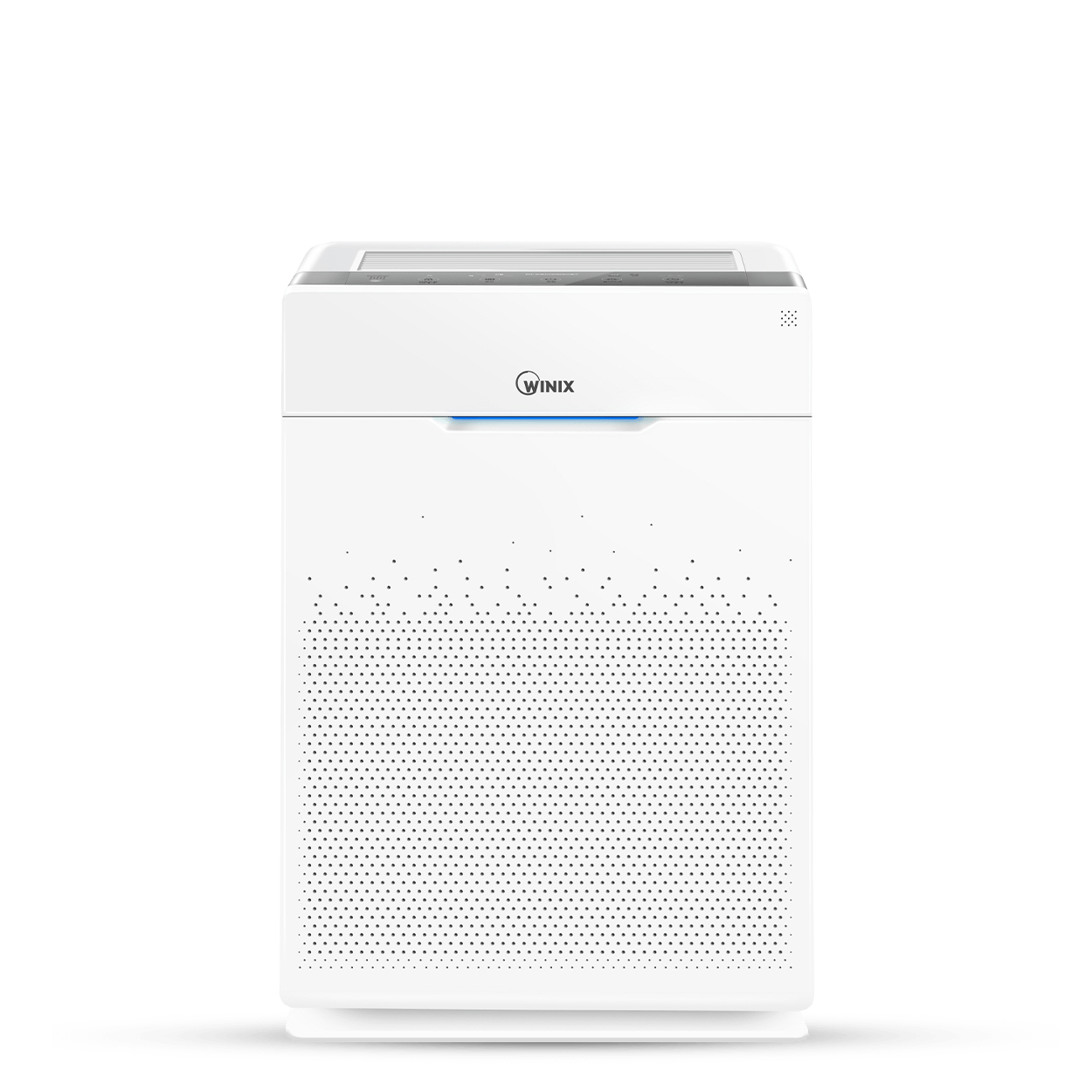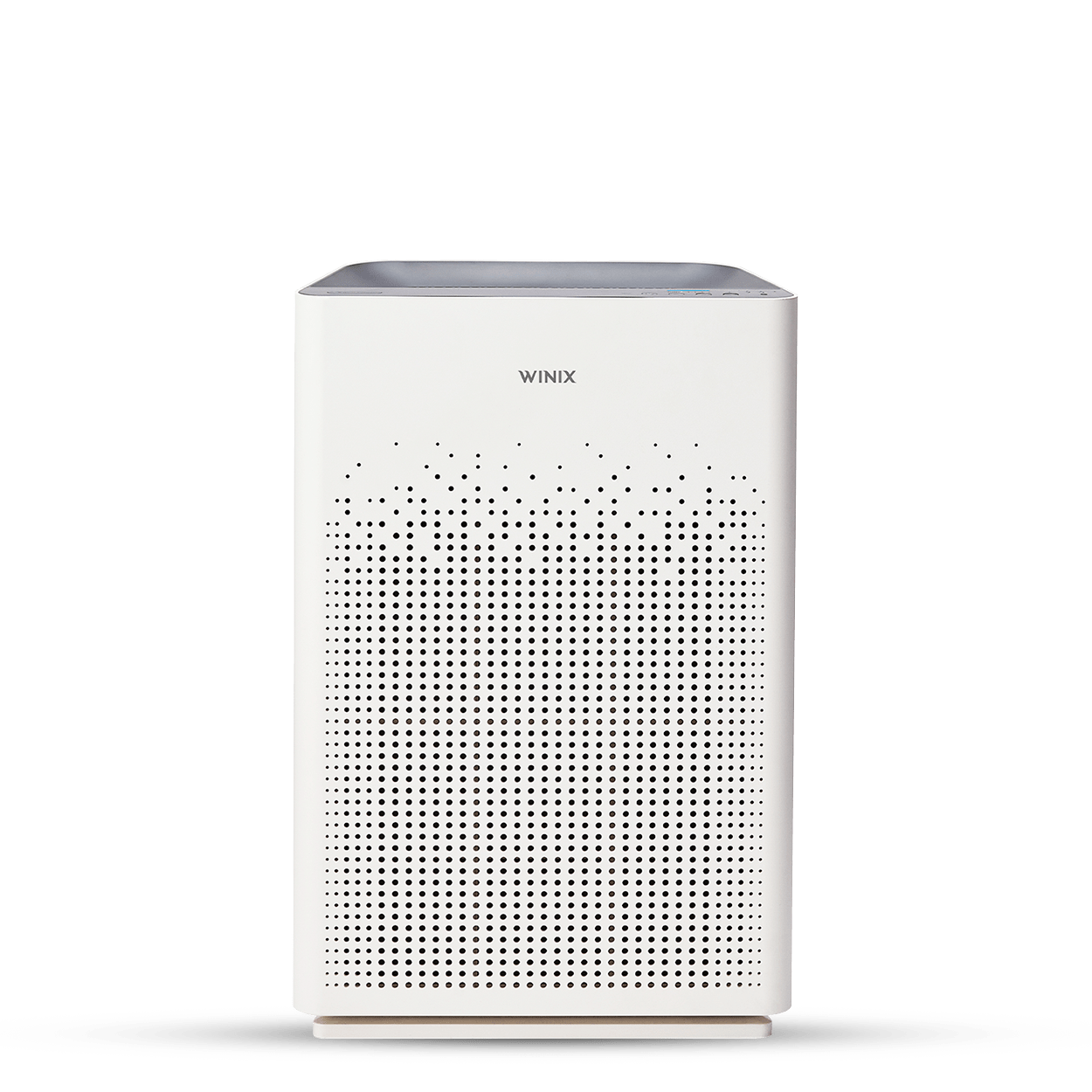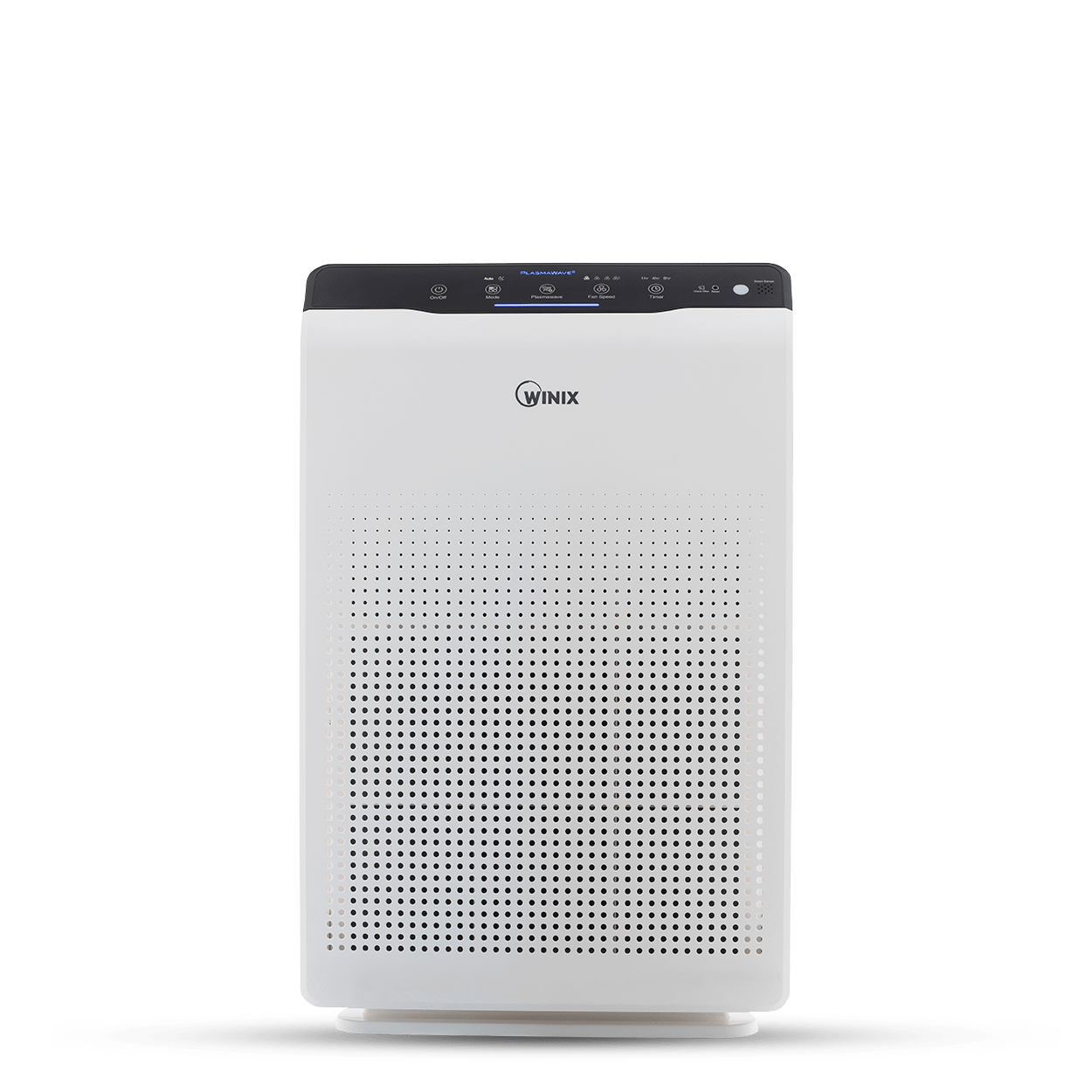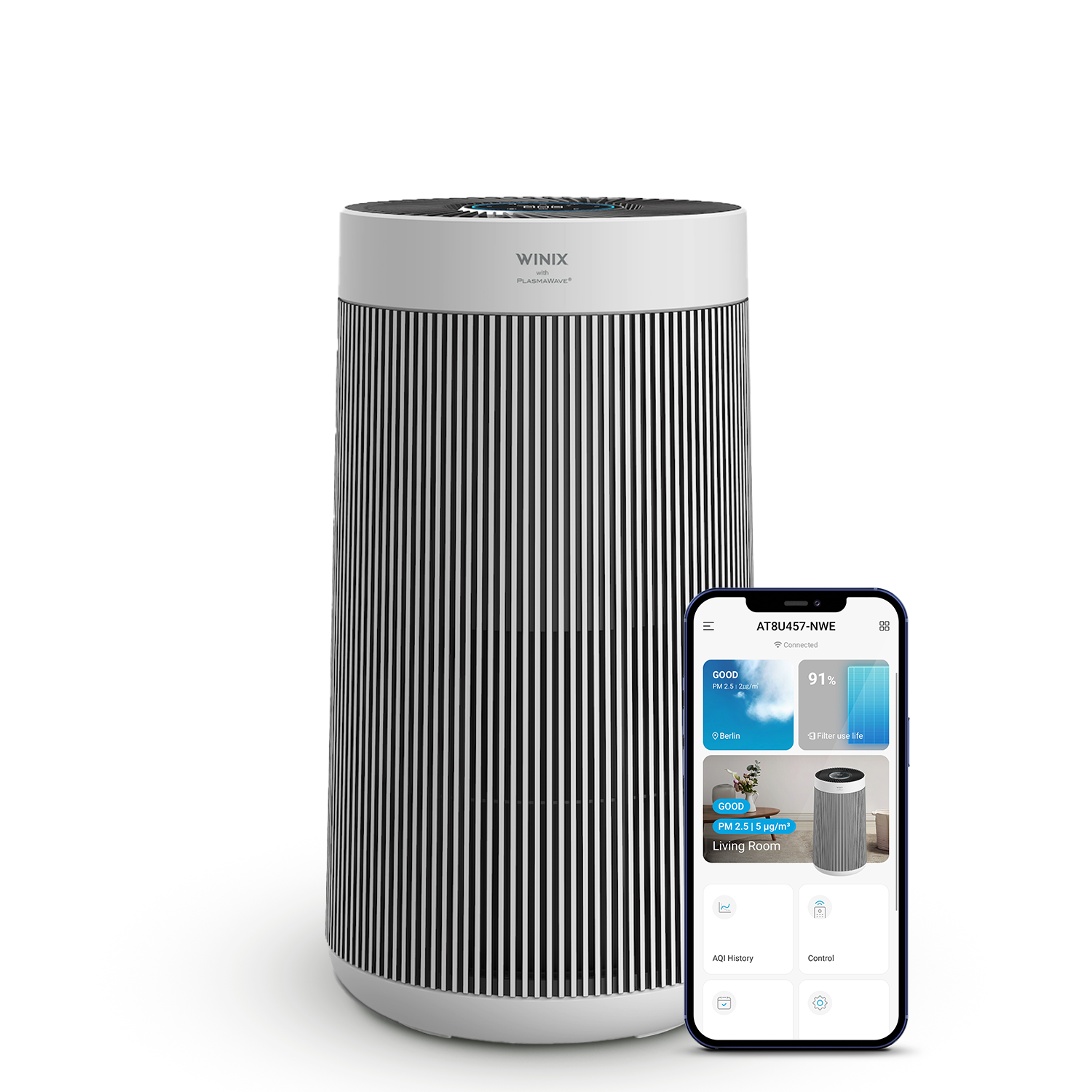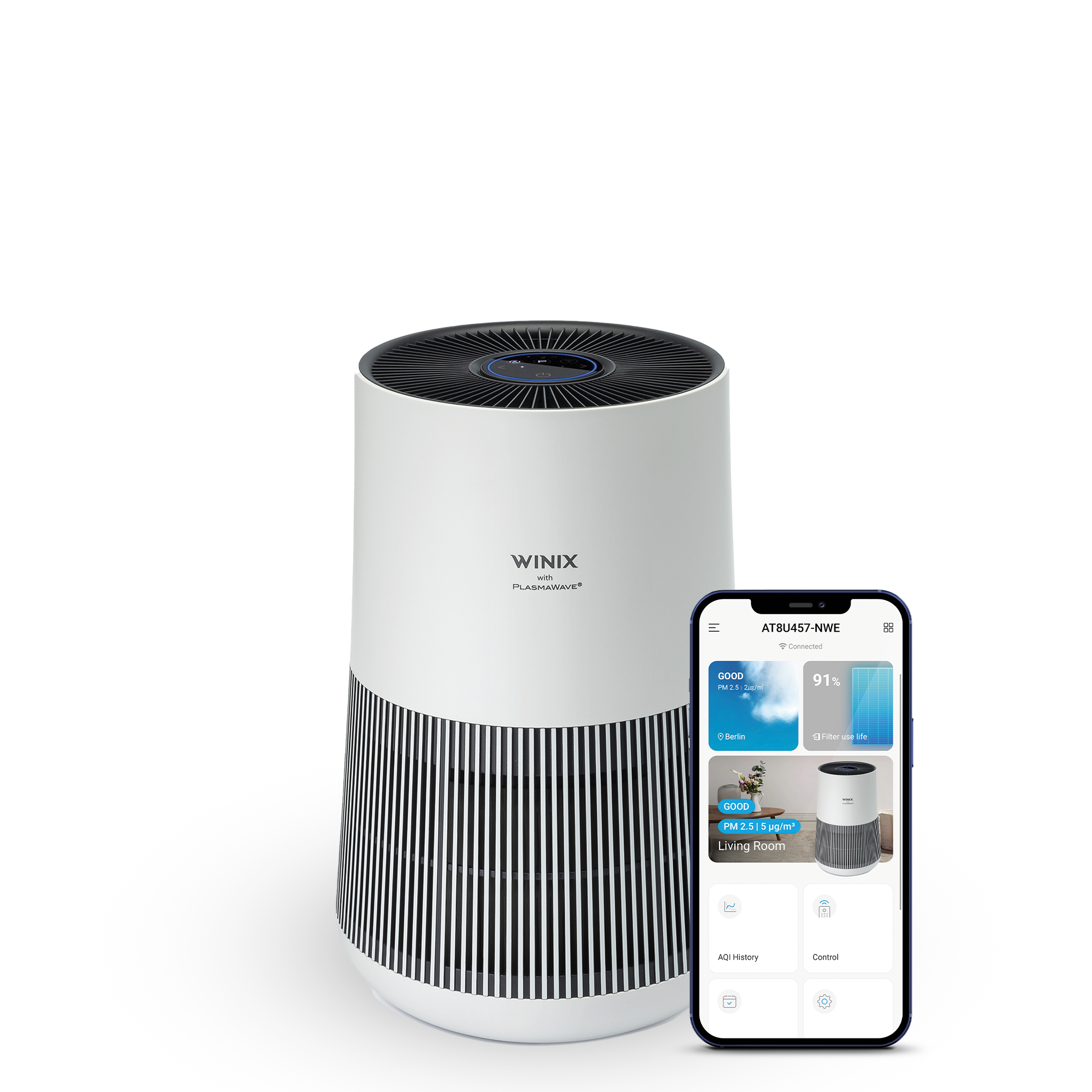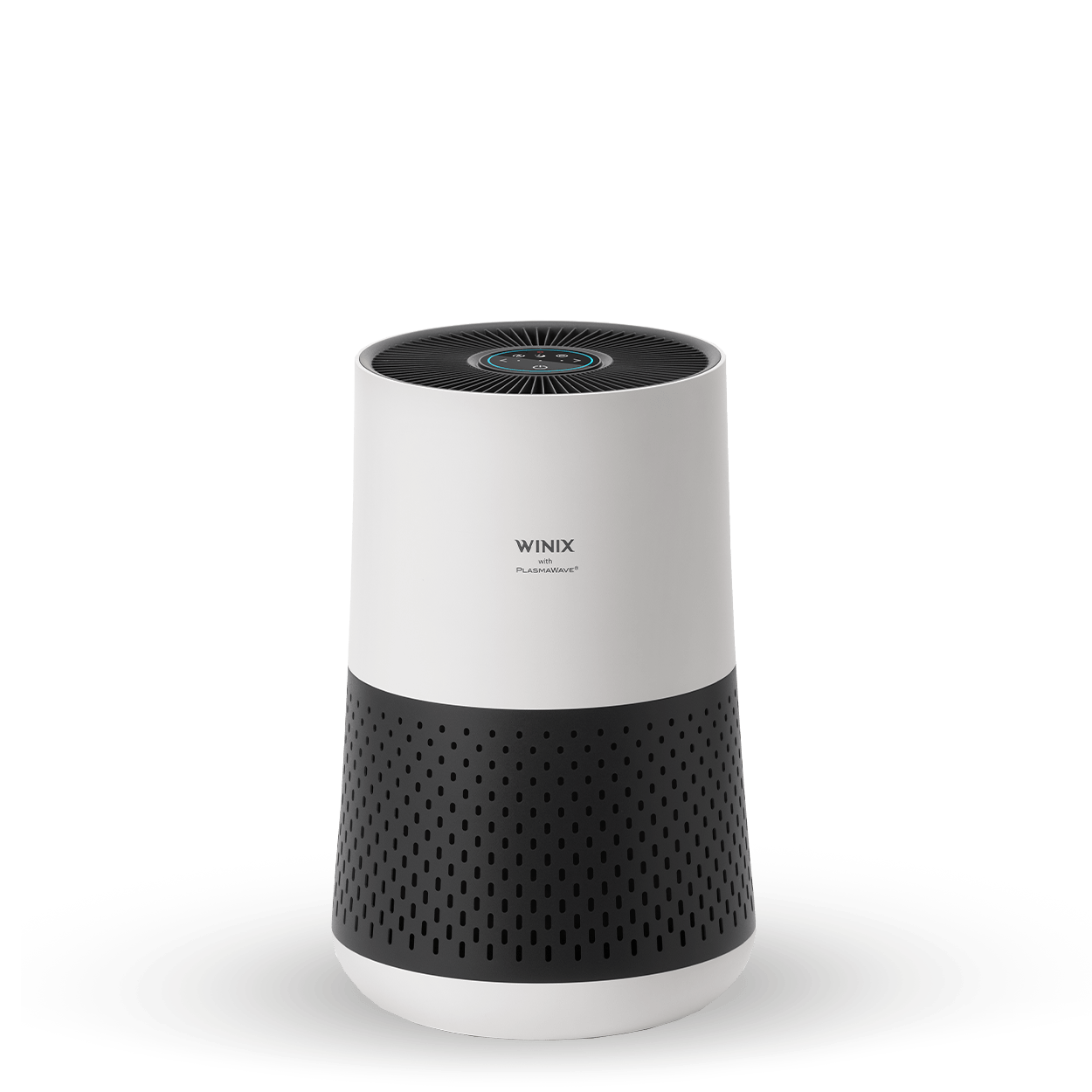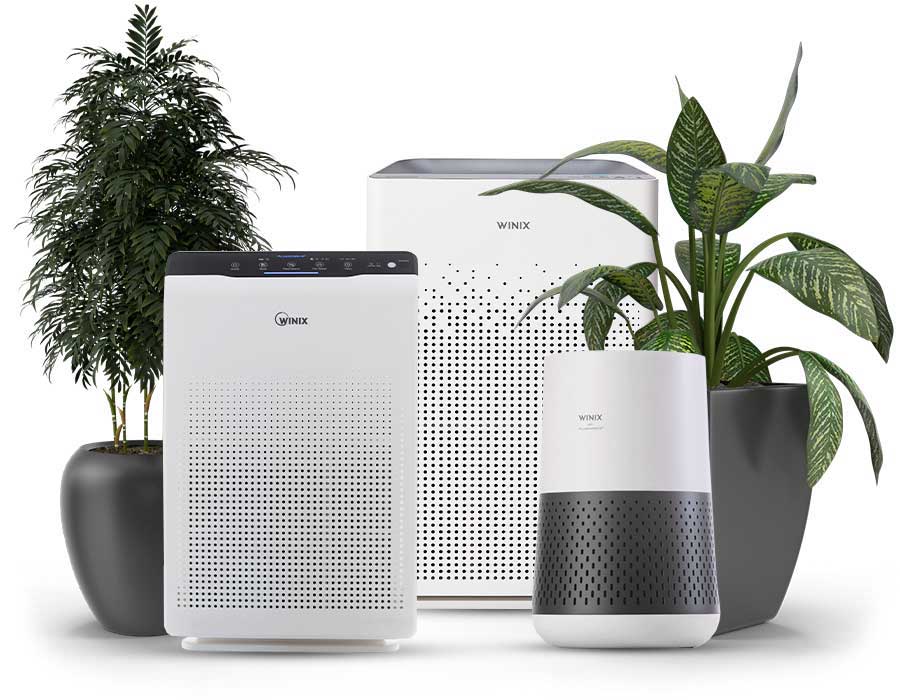All you need to know about Hay Fever
What is hay fever and what are its symptoms?
Hay fever, also known as allergic rhinitis, is an allergy to pollen that is released from grass, trees, or plants in the genus Ambrosia. All these plants release pollen grains during their reproduction cycle. These grains are so small that they float through the air and can easily be inhaled. People who suffer from allergic rhinitis react heavily to the pollen, which causes the membranes to swell up, asthma attacks, and other symptoms.
During an attack, different symptoms can occur such as a runny or stuffy nose, sneezing, red, itchy, or watery eyes, and swelling around the eyes. These symptoms can worsen depending on the weather conditions and the environment where one lives. On dry and windy days, a lot of pollen will be floating in the air. While on rainy days, pollen tends to stay on the ground and affects people with hay fever less.
In addition, the air quality has deteriorated over the years. The amount of particulate matter in the air has increased, and our air’s chemical mixture has changed. This in turn impairs nature’s ability to reduce the amount of pollen in the air. The pollen will remain stagnant in the air we breathe, instead of escaping to the atmosphere.
The outside environment is largely out of our control; however, we can control our indoor environment. There are effective air purifiers for Hay fever. A True HEPA filter included in all Winix air purifiers eliminates 99.97% of all particulate matter, pollen, and allergens to enjoy clean and healthy air at home. Hay fever and other allergies can definitely be controlled at home with an air purifier!
Parents often tell us what measurements could help against hay fever. Rain showers or a spoonful of honey might help reduce symptoms. But does it really help? We’re shedding light on the most common myths and facts surrounding hay fever.
Hay fever has nothing to do with hay
Fact: Back in the early 19th century it was assumed that freshly cut hay was causing the problem, hence the name hay fever. Nothing turned out to be less true. Symptoms persisted when sniffing a bouquet or when wandering through the woods. The role of the immune system in allergic reactions has not yet been understood. Nowadays we know that some immune systems react more violently to pollen, which triggers well-known symptoms. Read more about the causes and symptoms of hay fever.
Once hay fever, always hay fever
Fact: only if you’re lucky. Typically we assume that hay fever starts between 10-30 years and gradually wears off as we get older. Good news, according to Swedish study symptoms might most likely disappear when people were in their 50s. Half of the people indeed see their symptoms diminish, and for the lucky 20% among us, hay fever completely disappears. The rest, however, continue to suffer every year from the recurring pollen season.
Around 30 and never had hay fever before? This does not necessarily mean that you can no longer experience it. In some cases, people are struck down by hay fever symptoms in their 30s or 40s. Even though they have never experienced hay fever before during their childhood.
Less hay fever symptoms after rain
It depends on the amount of rain. Many hay fever patients pray for rain to rinse the pollen out of the air. Although light and moderate rainfall does stop pollen from spreading through the air, heavy rain can cause the opposite effect. Researchers noted a rise in visits to outpatients for allergic rhinitis after heavy rain or typhoons.
The crucial point is on 10 cm of rainfall. Researchers have compared 14 years of meteorological data and pollen count. They discovered that the levels of pollen fell after less than 10 cm of rain, but rose if there was more than 10 cm. Due to heavy rain and strong wind, the pollen becomes airborne once again.
Take a shower
Fact: After you’ve been outside, pollen may be in your hair or on your clothes. A shower could help to prevent symptoms, especially before going to bed. It might get annoying when pollen ends up on the pillows. Sneezing before going to sleep and getting up with swollen eyes.
To reduce the pollen in your living environment put your clothes immediately into the washing machine. Do you want to keep your house pollen-free? Consider purchasing an air purifier. The Winix Zero is a powerful air purifier tested and certified to be helpful with allergies.

Hay fever is worse during the day
It really depends on where you live, which plants are in your area, and what makes you get an allergic reaction.
In various places in Poland, concentrations of the most common pollen were measured over a 24-hour period. This analysis shows that the levels of Ambrosia pollen, for which the majority of people are allergic, were higher during the day.
The temperature also is a key factor. As the temperature rises during the day, the pollen rise with it. At night pollen drops again and the pollen concentration on the ground surface increases. So by the morning people will sometimes suffer more from hay fever.
Antihistamines against hay fever make you sleepy
Used to be a fact, but now antihistamine doesn’t have this side effect anymore. The drug contains substances that counteract the action of histamine, thereby combating the allergy reaction. Sleepiness was one of the side effects of the first generation of antihistamines. This medicine was not bad for the evening. But during the day it can cause problems. Fortunately, this problem was solved in the ‘80s and ‘90s by introducing the second generation of antihistamines without the symptoms of drowsiness.
Honey can reduce the symptoms of hay fever
During a small study in the US, the test panel each received one of three jars: pasteurized honey, unpasteurized honey, or a placebo. The participants did not know which pot they were receiving and took a tablespoon every day in addition to their usual hay fever treatment. The results of the investigations show that none of the honey types made a difference in the severity of the symptoms.
Air purifiers against hay fever
